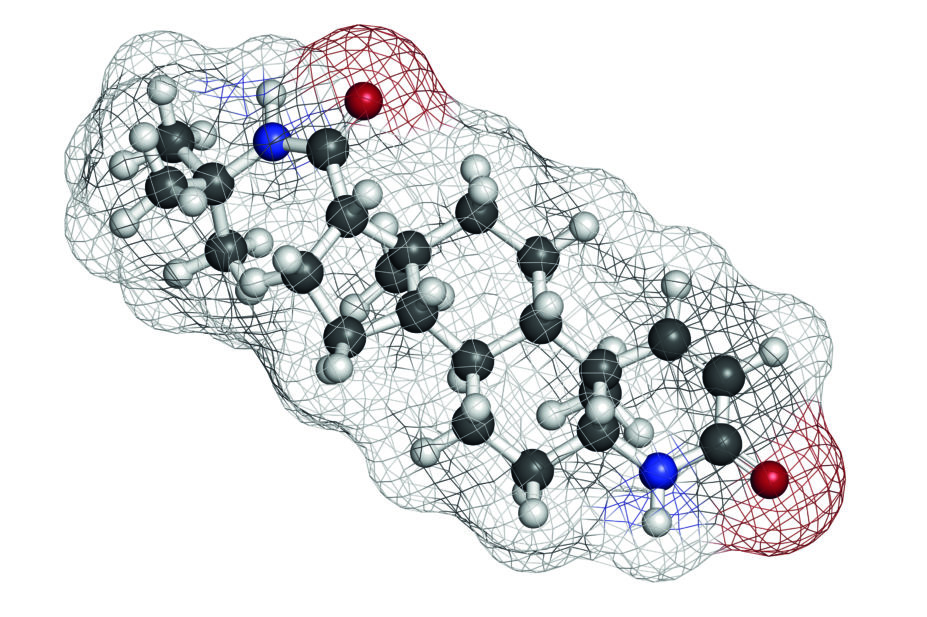
Shutterstock.com
Case reports have linked persistent erectile dysfunction with use of the 5α-reductase inhibitors finasteride and dutasteride. However, it has been claimed that the risk of sexual adverse effects does not increase with longer exposure to the drugs and the effects resolve in men who stop taking them.
To assess this, a team of researchers studied data on 11,909 men who took a 5α-reductase inhibitor and had no history of erectile dysfunction.
Overall, 167 (1.4%) men developed persistent erectile dysfunction that continued for at least 90 days after stopping treatment (median: 1,348 days). In multivariable analysis, the duration of exposure to a 5α-reductase inhibitor was a more accurate predictor of persistent erectile dysfunction than many known risk factors, including age, hypertension and depression.
Writing in PeerJ
[1]
(online, 9 March 2017), the researchers say their findings will be of particular interest to prescribers or patients considering treatment with a 5α-reductase inhibitor.
References
[1] Kiguradze T, Temps WH, Yarnold PR et al. Persistent erectile dysfunction in men exposed to the 5α-reductase inhibitors, finasteride or dutasteride. PeerJ 2017;5:e3020. doi: 10.7717/peerj.3020


